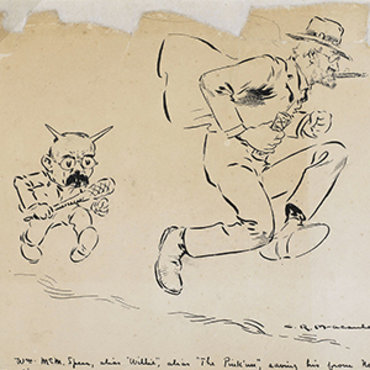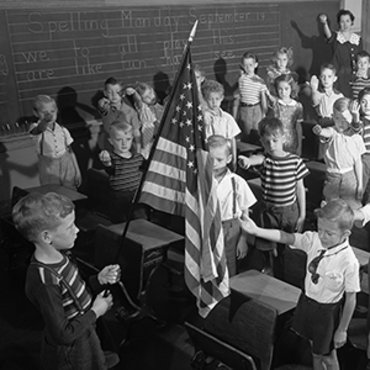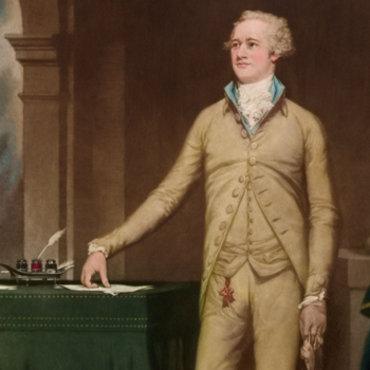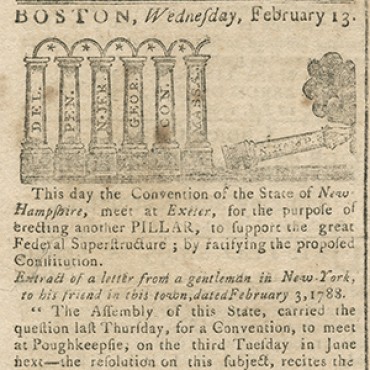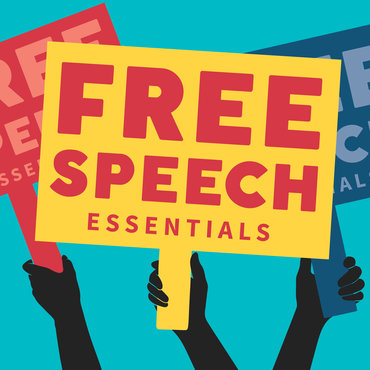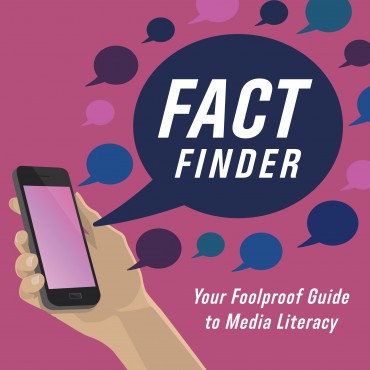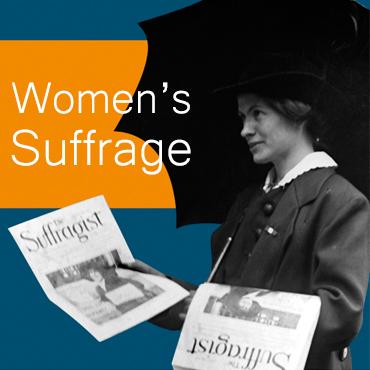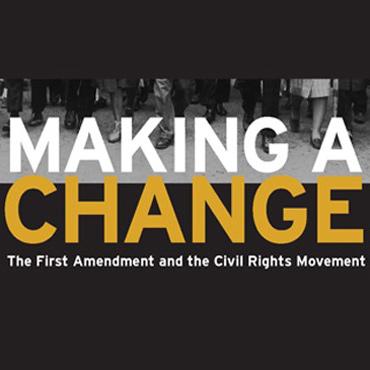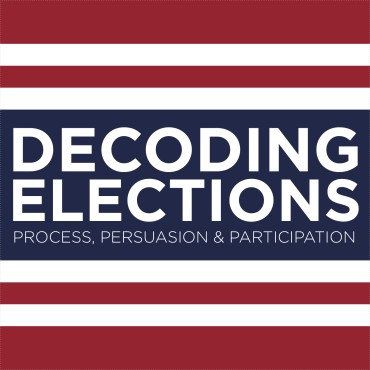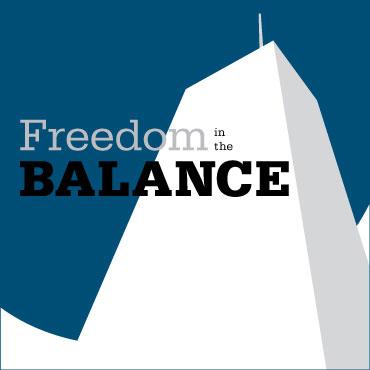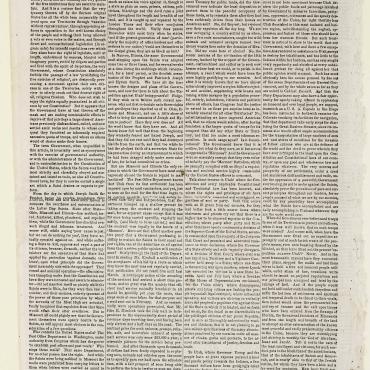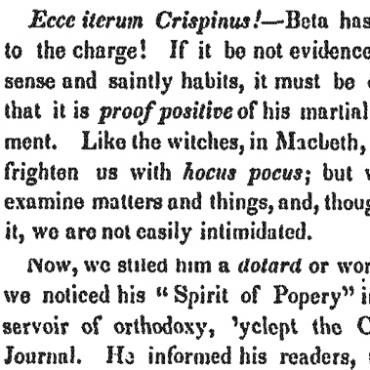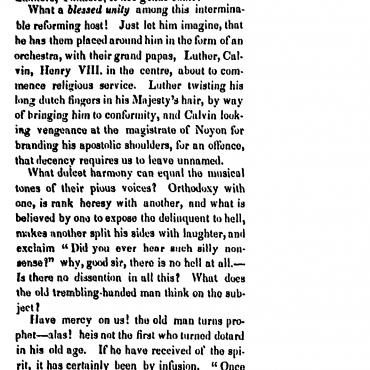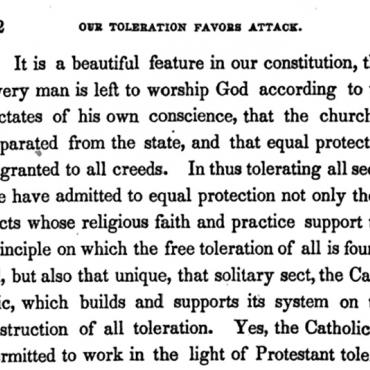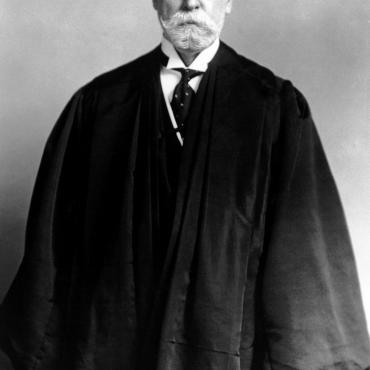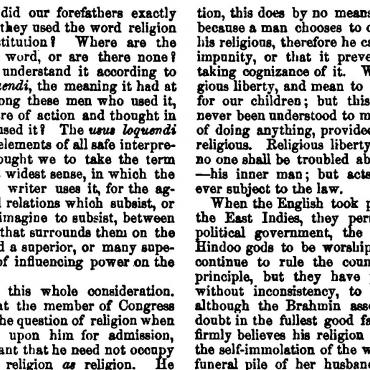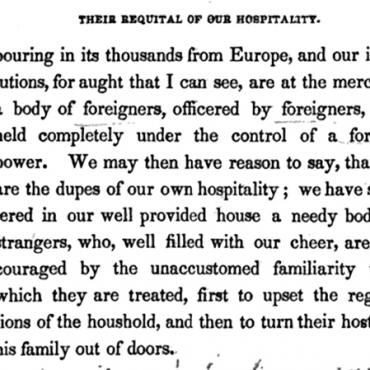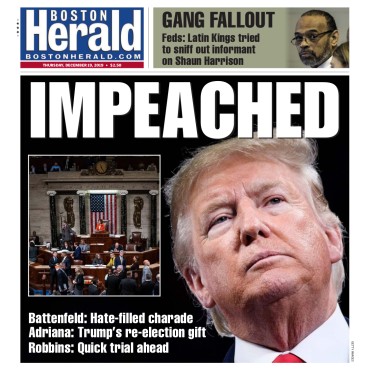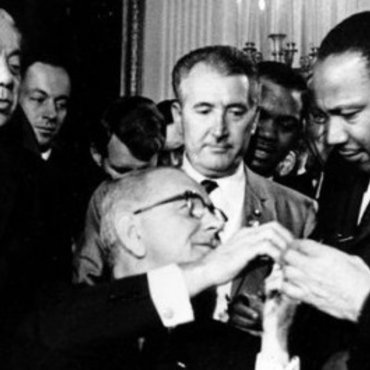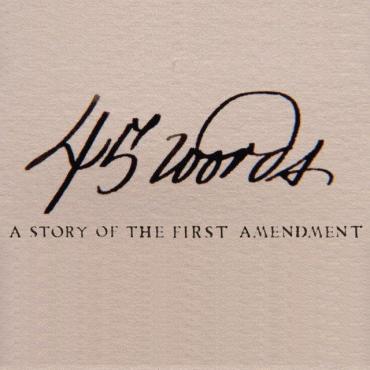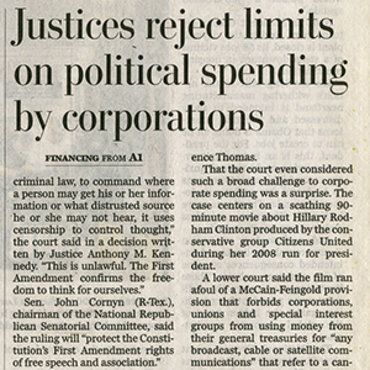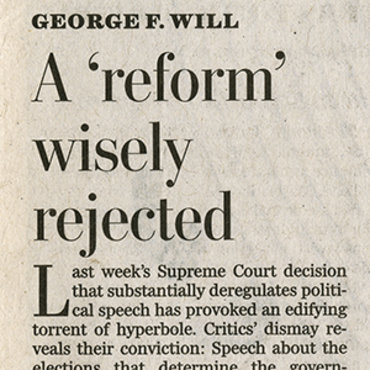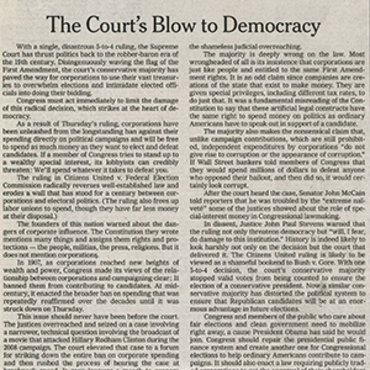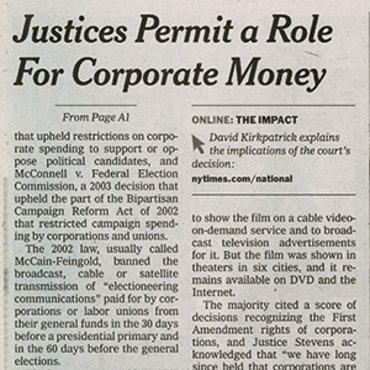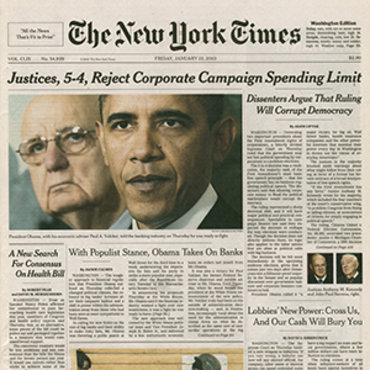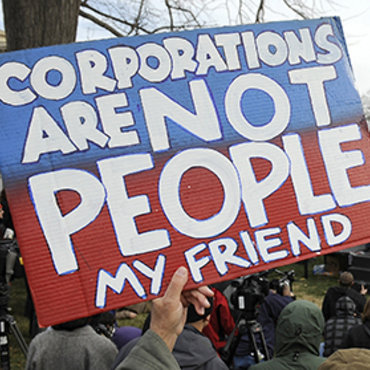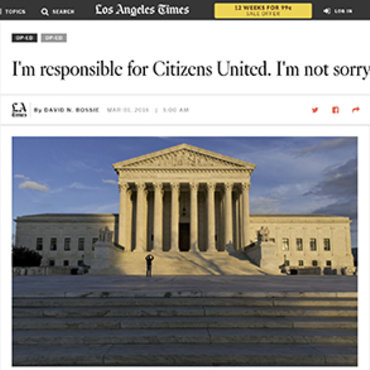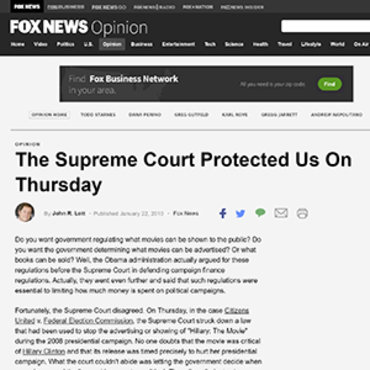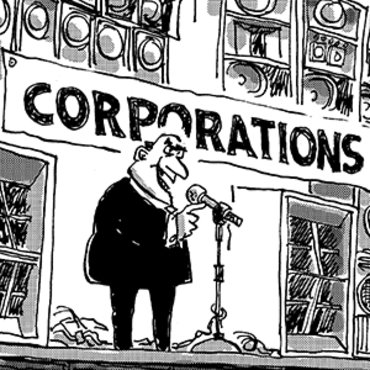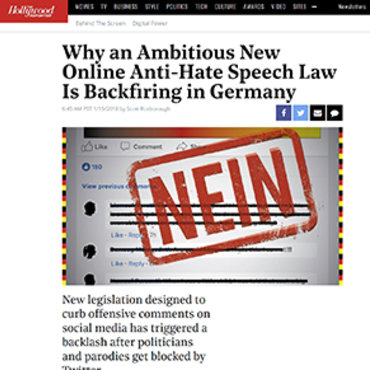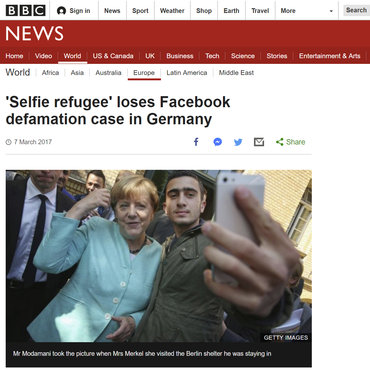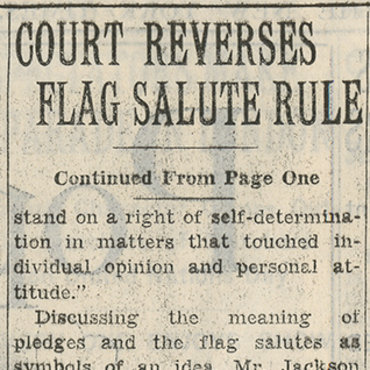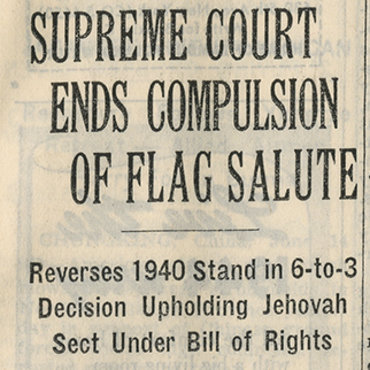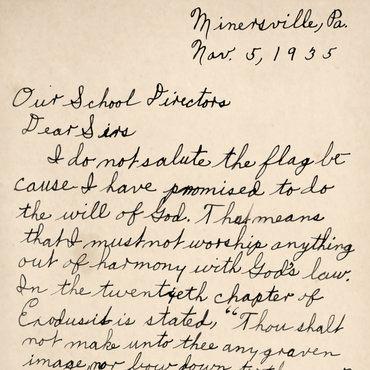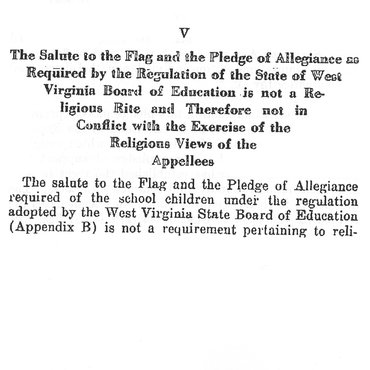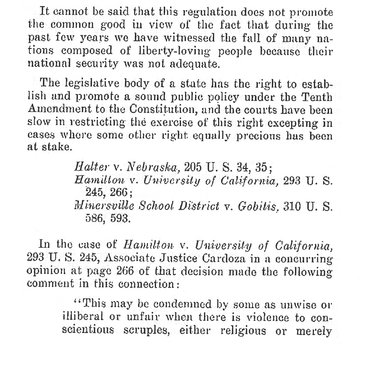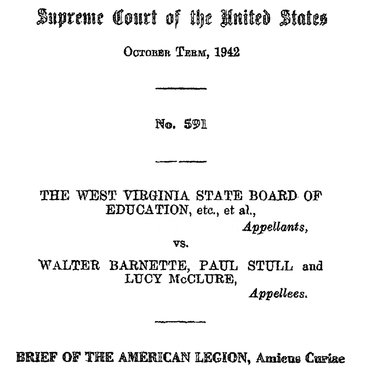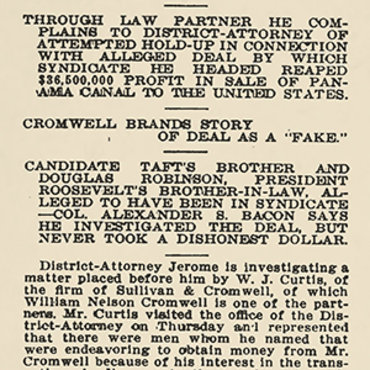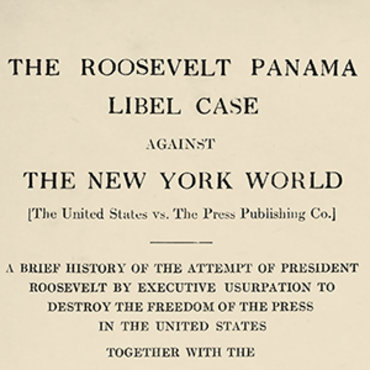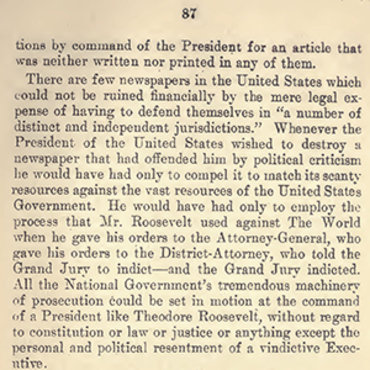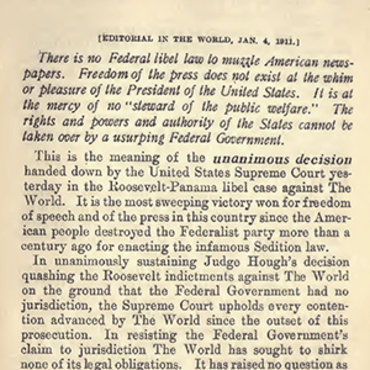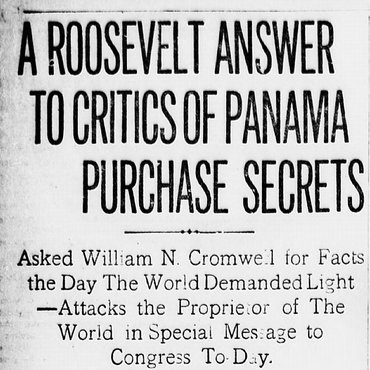1788: Founders Debate How to Protect Freedoms
Should we have a specific set of laws to name and protect our individual rights?
Get even more great free content!
This content contains copyrighted material that requires a free NewseumED account.
Registration is fast, easy, and comes with 100% free access to our vast collection of videos, artifacts, interactive content, and more.
NewseumED is provided as a free educational resource and contains copyrighted material. Registration is required for full access. Signing up is simple and free.
With a free NewseumED account, you can:
- Watch timely and informative videos
- Access expertly crafted lesson plans
- Download an array of classroom resources
- and much more!
This Critical Debate is part of a Debate Comparison:
See all Debate Comparisons- Constitution
- Politics
- Religious Liberty
- 7-12
- College/University
Do your students know what they’re free to say online? At school? On a public street corner?
From censorship to cyberbullying, the First Amendment and the freedoms it protects are as hotly contested as ever. This case study is part of our EDCollection that explores 16 real free speech debates ranging from the founding of our nation to recent headlines to illustrate what free speech actually means, where it comes from, and how far it can go. It’s information everyone needs to voice their opinions and shape our society.
Using This EDCollection
This EDCollection is designed to meet the needs of a wide range of circumstances and curricula. Whether you’re a social studies teacher looking for a complete unit or an English teacher looking to spend a single class period on free expression, there’s something for everyone. This complete package will lead students to the outcomes below.
Build Fact-Based Arguments
The Free Speech Essentials curriculum aligns with state and national standards as it guides students to take a position, find evidence to support it, and make a compelling presentation to their peers. Potential evidence includes:
- Writings, images and video from 1787 to 2018
- Primary and secondary sources
Connect Past and Present
Six of the eight pairs of case studies in this EDCollection juxtapose real historical and contemporary debates on a key free expression question. These pairs allow students to explore the historical origins of a key question — and get context for tackling today’s hot-button issues. The other two pairs provide different perspectives on a contemporary issue. Topics include:
- Federalism and Facebook
- Presidents and the press
- Censorship and cyberbullying
Keep Calm (and Debate On)
Our case studies are structured to help students experience the passion of the real players, while still practicing productive debate. We provide everything you need to prepare and fully support your students as they engage in civil discourse and debates:
- Overviews of the outcomes
- Clear scenarios and suggested positions
- Suggested discussion prompts.
Today’s social and political landscape can sometimes make free speech and First Amendment controversies seem too explosive for classroom exploration. We’ve created Free Speech Essentials to give you the tools you need to start tackling these vital topics with confidence and create enriching experiences for your students.
— The NewseumED Team
THE CASE
You are a delegate at the Virginia Ratifying Convention. You are facing a decision about the best way to protect citizens’ rights. The United States of America has been independent for only a few years and is in the process of adopting the documents that will guide the country for years to come. The most important of these documents is a constitution that will set up the structure of the new nation’s government. This constitution has been written, and now at least two-thirds of the states must approve it for it to become the law of the land.
Some of your fellow Americans are concerned about giving the new federal government too much power. They want to require the addition of a bill of rights to the Constitution. This added text would guarantee certain freedoms for citizens, listing them out and protecting them from government interference. These individuals who support a bill of rights call themselves Antifederalists.
Federalists, on the other hand, do not believe a bill of rights is a necessary addition. They argue the Constitution has already set up a federal government with limited power that will respect the rights of the people. They believe these rights are already universal and that states can take the lead in defending them.
The time comes for Virginia Ratifying Convention delegates to vote on whether your state will ratify — or approve — the proposed Constitution. You know your new nation needs this document to become stable. You also want to be sure that your new nation respects and protects individual rights. Your colleagues eagerly await your decision.
Should you vote to approve the U.S. Constitution without a formal bill of rights?
-
 ?
?George Mason was an Antifederalist, or opponent of the U.S. Constitution when it was written in 1787. He objected to the document's lack of a bill of rights, and refused to sign it.
Library of CongressNo. We need a bill of rights because a great threat to this emerging country is giving the federal government too much power.
To be successful, this new nation will need to balance the power of the national government and the state governments, as well as respect individual rights. A bill of rights will clarify that relationship between governments and how both will best serve its citizens.
"It is ascertained by history, that there never was a [national] Government, over a very extensive country, without destroying the liberties of the people."
-
 ?
?Alexander Hamilton was a leading Federalist who wrote 51 essays defending and explaining the U.S. Constitution during the ratification process.
Library of Congress, Prints & Photographs DivisionYes. We don’t need a bill of rights because a truly free society shouldn’t need a document to ensure that the government treats its citizens fairly.
A democracy is built around the rights of its citizens. The democracy outlined in the Constitution is radically different from Britain’s monarchy. Other governments may assume that rights can be limited, but we have established our government based on equality and liberty for all.
"Bill of rights are, in their origin, stipulations between kings and their subjects."
- Do you think the freedoms outlined in a bill of rights would already be protected in a democracy, where everyone has a role in shaping the government? Is a specific document that establishes those rights needed?
- What might be some of the challenges to listing specific rights in our most important government documents? What might be some of the benefits?
- If you establish specific rights now, what happens if citizens want to change them in the future?
- If specific rights aren’t put in writing now, will it be harder to protect those rights in the future?
- With slavery still legal, should the citizens trust the government to uphold a promise to respect individual liberties? Should a bill of rights take this practice into account?
- Is it more important to ratify the Constitution to give the new government structure and authority or to continue debating details?
- Would you vote to accept the Constitution as is if you were promised that a bill of rights would be added after ratification? Is that an acceptable compromise between Federalists and Antifederalists to help the nation-building process?



